What Is a Person-Centred Care Plan in a Care Home?
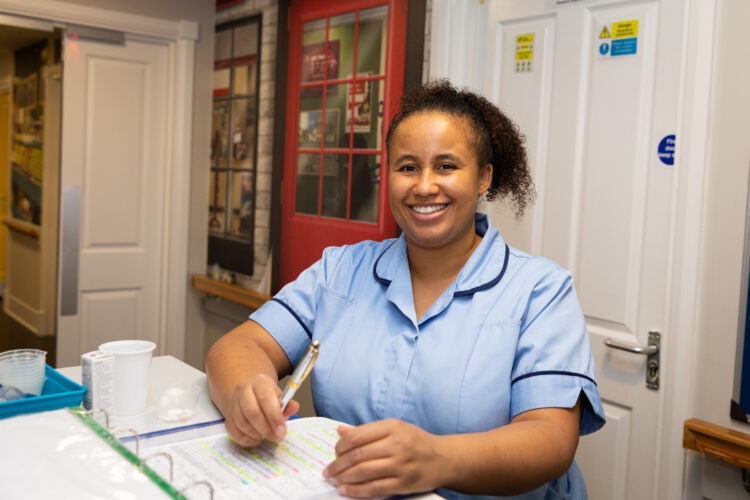
When researching care options for a loved one, you may have come across the term person-centred care plan. It is a phrase used widely in the care industry, but what does it actually mean, and why is it so important when choosing the right care home? Understanding person-centred care can make all the difference in finding a home where your loved one feels truly valued, respected, and supported.
Understanding Person-Centred Care
At its core, person-centred care is about treating every individual as a unique person, not just as someone receiving care. It’s built on the idea that everyone deserves to live in a way that reflects their values, preferences, and lifestyle choices.
Rather than following a one-size-fits-all approach, care homes that practice person-centred care take the time to understand residents’ personal histories, interests, and needs. This helps staff create care plans that are tailored to the person’s specific goals and preferences.
In a care home setting, person-centred care influences everything from how daily routines are organised to the types of activities offered. It ensures that residents are involved in decisions about their own care, helping them maintain independence, dignity, and control over their lives.

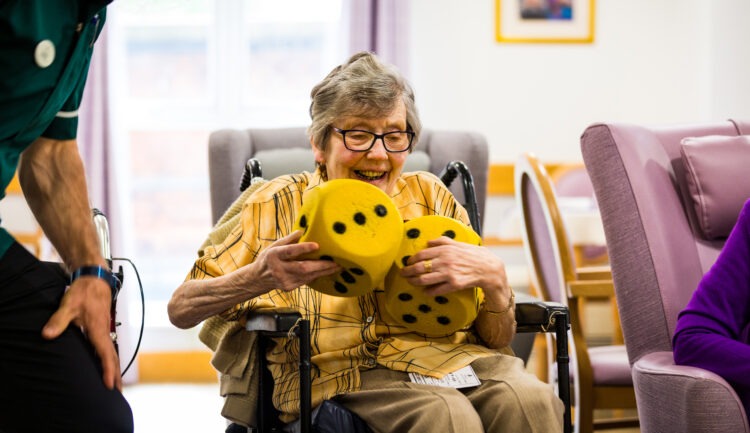
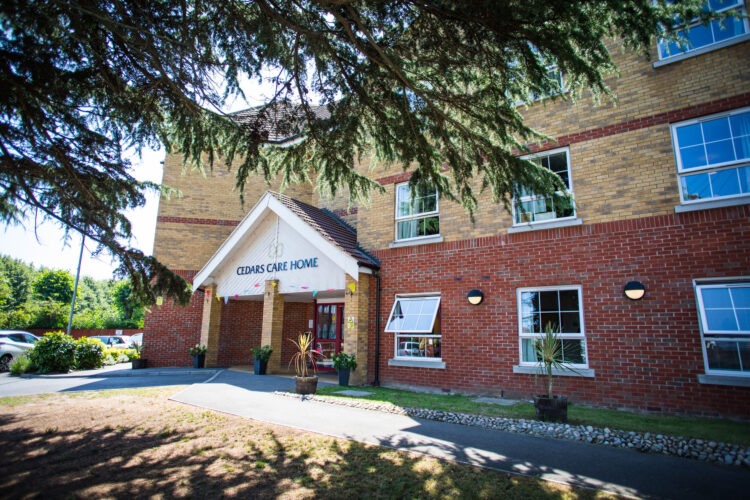
What Is a Person-Centred Care Plan?
A person-centred care plan is a detailed document that outlines the unique care, support, and preferences of each resident. It serves as a roadmap for care staff, helping them provide the right level of assistance while maintaining a personal connection with the individual.
These plans cover a range of important details, including:
- Health conditions, medication, and medical needs
- Dietary preferences and eating habits
- Mobility levels and physical support requirements
- Personal likes and dislikes
- Hobbies, interests, and meaningful activities
- Religious, cultural, or spiritual preferences
- Communication methods or memory support needs
The goal of a person-centred care plan is not just to record medical information but to celebrate individuality. Whether a resident enjoys morning tea in the garden, prefers a certain bedtime routine, or likes to listen to music before meals, these small details are all part of what makes daily life comfortable and fulfilling.
How Are Person-Centred Care Plans Created?
The creation of a care plan is a collaborative process involving the resident, their family, and the care team. It often begins before the person even moves into the care home, with an assessment of their needs and preferences.
The process typically involves:
Initial assessment – A care professional meets with the individual and their family to discuss health, lifestyle, and personal preferences.
Goal setting – Together, they outline what the resident wants to achieve, whether it’s maintaining independence, managing a medical condition, or enjoying specific activities.
Care planning – The care team develops a plan that includes physical, emotional, and social support, ensuring the individual’s wishes are at the heart of all decisions.
Regular reviews – Person-centred care plans are not static. They’re reviewed and updated regularly to adapt to any changes in health or personal circumstances.
This approach ensures that every aspect of care remains relevant, respectful, and responsive to the individual’s evolving needs.
The Benefits of a Person-Centred Care Plan
Implementing a person-centred care plan brings numerous benefits to residents and their families.
1. Promotes Independence and Dignity
Residents are encouraged to maintain as much control over their daily lives as possible. From choosing what to wear to deciding when to eat, independence helps build confidence and self-worth.
2. Builds Trust and Strong Relationships
When carers take the time to understand residents as individuals, meaningful bonds develop. Familiarity and consistency in care foster trust, creating a comforting sense of belonging.
3. Supports Mental and Emotional Wellbeing
Feeling heard and valued has a direct impact on mental health. Residents who are involved in decisions about their care often experience lower levels of anxiety and a greater sense of happiness.
4. Encourages Family Involvement
Families are often invited to contribute to care plans, helping to maintain continuity between home life and residential living. This open communication gives relatives reassurance that their loved one is being looked after in a way that respects their personality and wishes.
5. Adapts to Changing Needs
One of the greatest strengths of a person-centred care plan is its flexibility. As residents’ health or mobility changes, their plan evolves with them. This seamless adaptation is an important part of providing a continuum of care, ensuring that no matter how needs change, consistent and compassionate support is always available.
- undefined
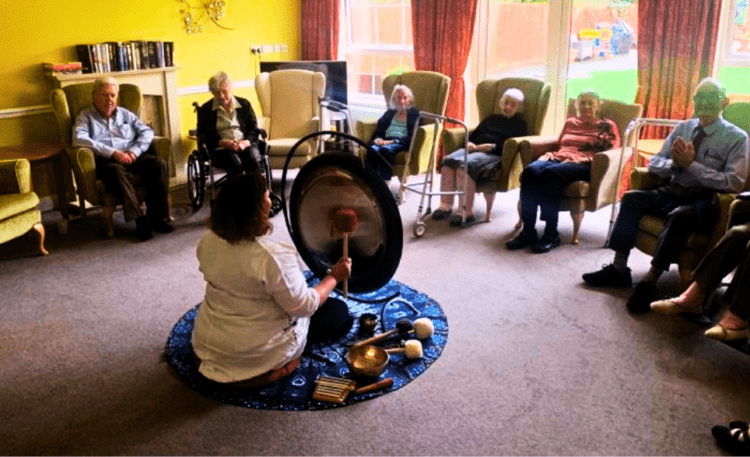
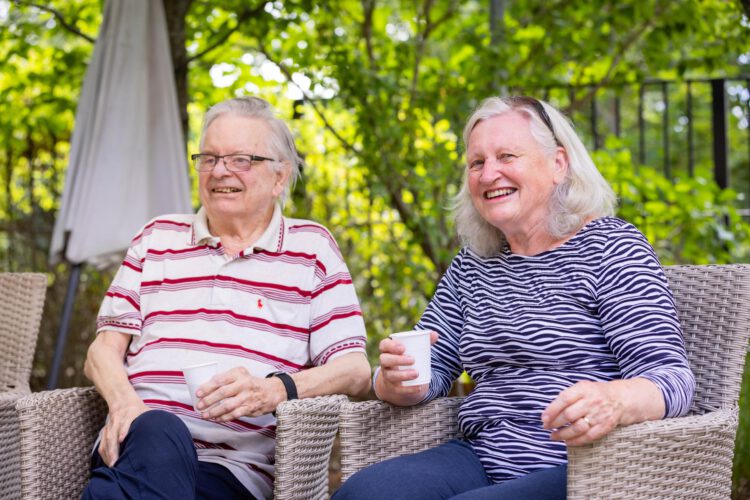
How Person-Centred Care Works Across Different Services
Person-centred care underpins every type of support offered in a care home. It can be applied across all areas of care, including:
Residential care, where daily living assistance is provided in a comfortable, homely setting.
Dementia care, which focuses on familiarity, routine, and emotional reassurance.
Respite care, giving short-term support to those recovering from illness or offering family carers a well-earned break.
Palliative care, ensuring dignity, comfort, and compassion during end-of-life care.
Nursing care, for residents who require 24-hour medical support from qualified nurses.
By building person-centred principles into every service, care homes create environments that feel genuinely nurturing, where residents are treated as individuals rather than patients.
A Home That Feels Like Home
A true person-centred approach extends beyond care itself. It’s about creating an environment that enhances quality of life in every way.
Purpose-built homes like Cedars Care Home combine professional support with the warmth of home comforts. Residents enjoy beautifully designed en-suite bedrooms, access to private gardens, and a relaxing atmosphere that promotes independence and wellbeing.
Social engagement plays a huge role too. With a varied activities programme, opportunities for arts and crafts, and fine dining experiences, residents are encouraged to stay active, creative, and connected.
These details, while small, are what make a care home feel like a genuine home - one where every person is supported not just physically, but emotionally and socially too.
Person-Centred Care at Cedars Care Home in Southend-on-Sea
At Cedars Care Home, person-centred care is at the heart of everything we do. Our dedicated team works closely with each resident and their family to create tailored care plans that reflect individuality and choice.
Whether your loved one requires residential, nursing, dementia, respite, or palliative care, we ensure every aspect of support is personal, compassionate, and continuously reviewed.
If you’d like to learn more about how Cedars Care Home delivers high-quality, person-centred care, our friendly team would be delighted to speak with you. To arrange a visit or discuss our continuum of care and facilities, please get in touch today.


